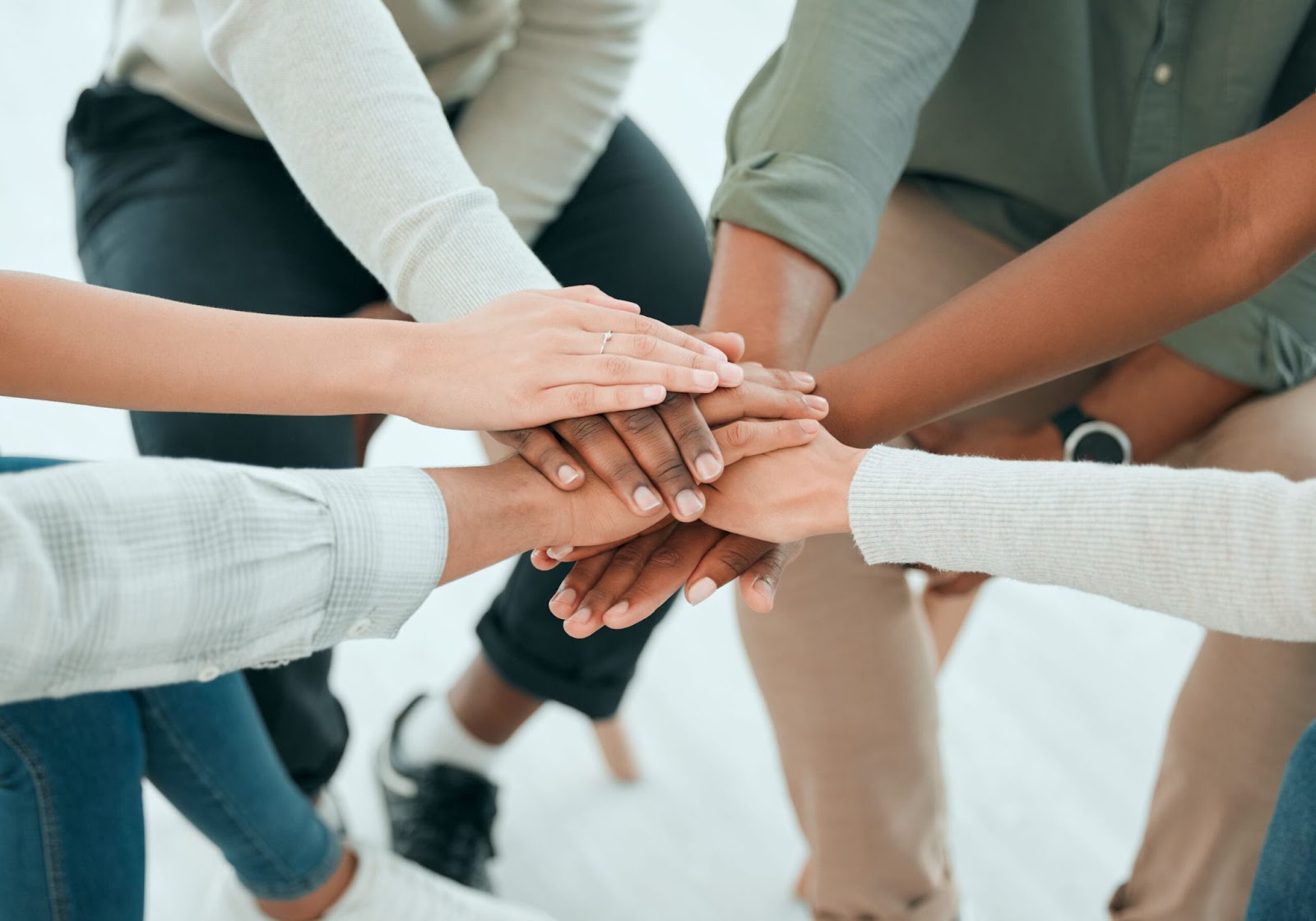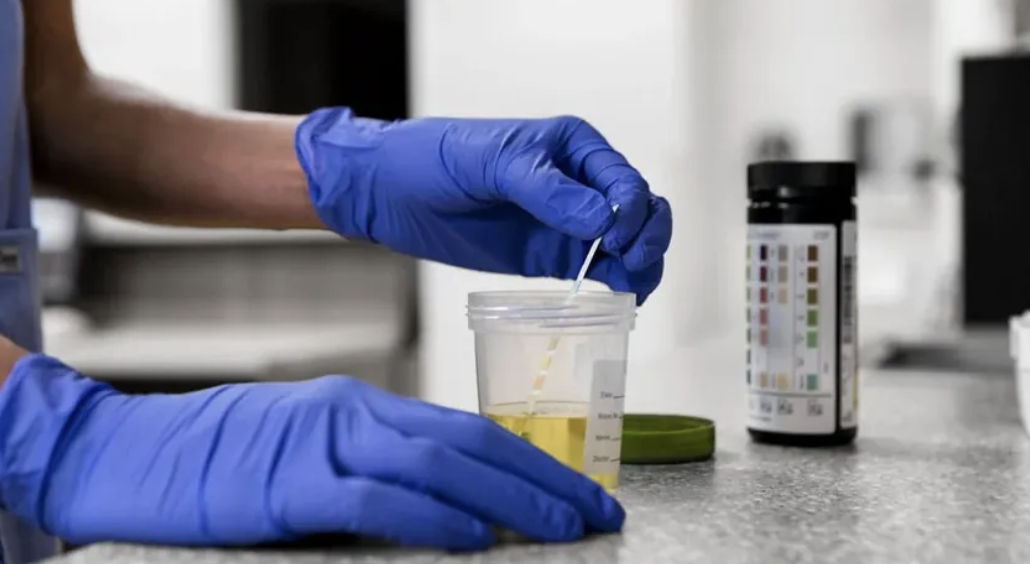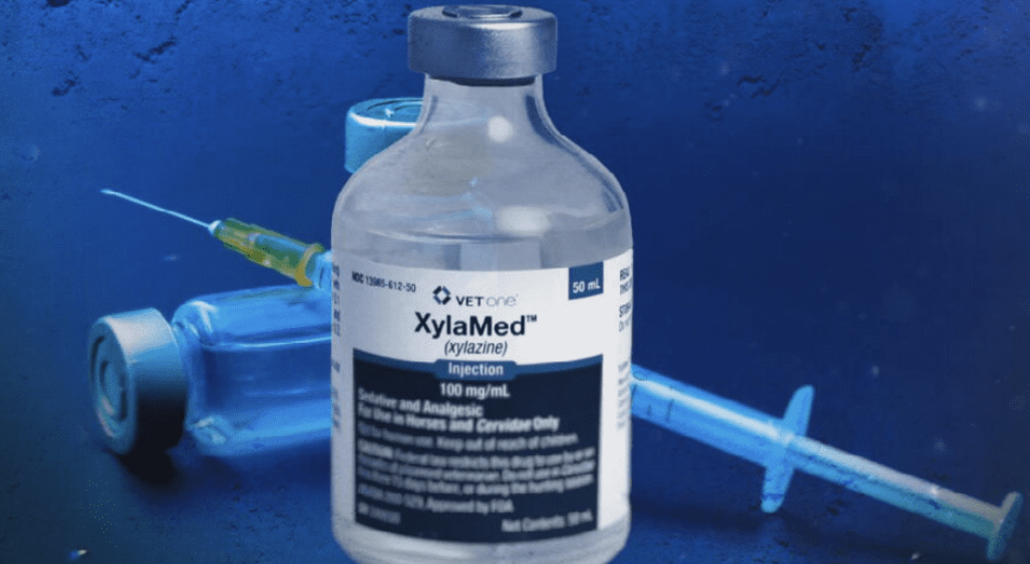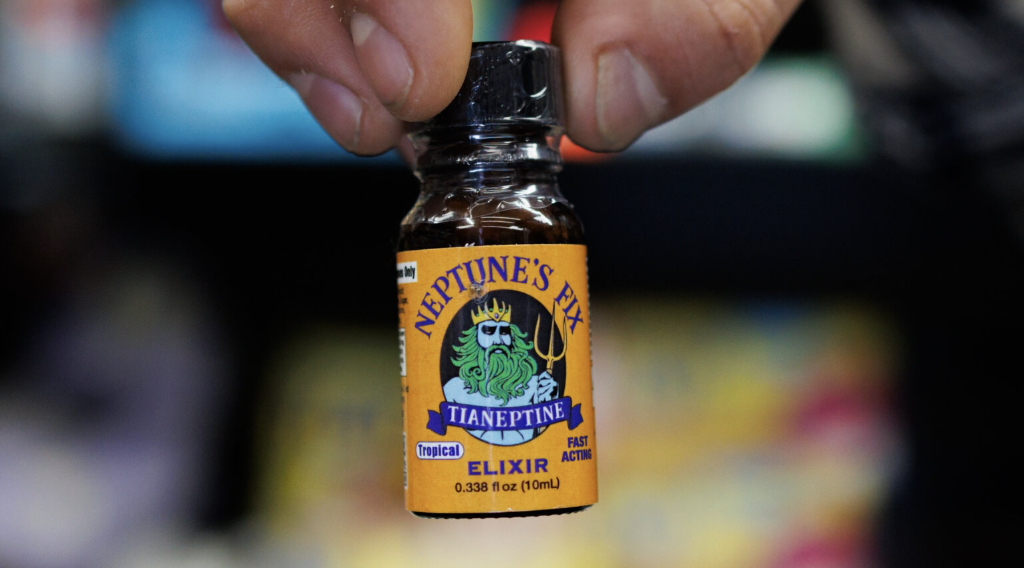Friend of Bill (FOB) is a coded reference utilized by participants of Alcoholics Anonymous (AA) – a collective support network for those recovering from alcohol dependency – to uphold the AA principle of preserving group members' privacy.
Additional twelve-step frameworks, such as Narcotics Anonymous (NA), that maintain a comparable approach to Alcoholics Anonymous have similarly adopted this expression. Within these programs, attendees may identify themselves as participants in the recovery fellowship by employing the phrases "Friend of Bill" or "Friend of Bill W."
What is Friend of Bill (FOB)?
Friend of Bill (FOB) is a term used to identify a participant of Alcoholics Anonymous (AA) who abstains from consuming alcohol specifically or from using any form of substance that modifies mood states, including alcohol, according to an entry on the definition of Friend of Bill from Urban Dictionary.
The expression "Friend of Bill" is employed to signal to other attendees that the speaker or user is likewise in alcoholic recovery. Through this identification, individuals can form relationships with others who have undergone comparable experiences and gain support without needing to openly address their personal challenges with addiction.

What is the origin of the term “FOB”?
The expression FOB stems from the identity of Bill Wilson, occasionally referred to as Bill W., one of the original founders of AA, alongside Dr. Bob Smith. By implication, any individual who is a Friend of Bill W. is simultaneously a participant in Alcoholics Anonymous.
It remains standard practice in AA gatherings for attendees to introduce themselves using only their first names while omitting surnames, establishing 'Bill W.' as the appropriate designation for Bill Wilson within the fellowship. AA maintains that anonymity facilitates non-judgmental attitudes among members as individuals share their experiences with the collective.
What makes someone a “FOB”?
One becomes an FOB when they are a recovering alcoholic, particularly if they attend AA meetings regularly. Should this individual be observed outside the meeting location looking through entryways or windows, they might be questioned if they are a Friend of Bill's.
By using this coded inquiry, the questioner seeks to determine if you're searching for the AA gathering in a manner that preserves your confidentiality. This also functions as a discreet verbal recognition signal between former alcoholics that can be utilized beyond AA environments.
For example, when an individual is in a public setting, and wishes to make themselves known to someone they suspect might also be a participant, yet prefer not to risk judgment by revealing themselves as an alcoholic, they may simply inquire whether the other person is a Friend of Bill.
Those unfamiliar with AA would unlikely recognize this reference, so if the person approached isn't someone from the fellowship, your privacy remains protected.

What is the role of a “FOB” in addiction recovery?
The function of an FOB in dependency recovery is to act as a supporter and provide a connection founded on confidence, assistance, and shared comprehension.
In various contexts beyond AA, the signal may be employed to identify themselves to other Friends of Bill's. Within airports or aboard aircraft, for instance, an announcement over the intercom might request any Friends of Bill W. This indicates that a fellow recovering alcoholic may require assistance and is reaching out for support.
In such situations, aiding another FOB and providing encouragement during challenging periods represent fundamental operating principles of AA that a participant should fulfill as a supporter. Establishing connections with other individuals while preserving anonymity also guarantees that the relationship develops on foundations of confidence, assistance, and shared comprehension.
What role does 'Friend of Bill' play in addressing mental health during addiction recovery?
The Friend of Bill approach addresses mental health through diverse methods that positively impact the individual affected. The ways in which Friend of Bill supports mental health in addiction recovery are outlined below.
- Emotional support
- Shared experiences
- Seeking professional help
- Therapeutic value of meetings
- Self-reflection
- Personal growth

1. Emotional support
Emotional assistance involves demonstrating empathy and compassion toward another person. It may utilize verbal communication or physical gestures, and could additionally include actions such as helping someone contact a therapist or providing comfort to a distressed friend, according to a 2022 publication from Medical News Today titled, "How to demonstrate emotional assistance".
The Friend of Bill methodology recognizes that as inherently social creatures, individuals in recovery require emotional reinforcement. Consequently, those with extended periods of sobriety frequently participate in AA sessions to function as exemplars for positive behaviors associated with abstinence. This practice helps reestablish social bonds that someone might have surrendered after avoiding environments or relationships that could prompt substance consumption.
Experiencing this constructive shift in social connections significantly advantages AA participants, as it can profoundly influence how they manage challenging emotions and triggers that might otherwise lead them to alcohol withdrawal or relapse.
2. Shared experiences
A piece titled, "The Craft of Establishing Common Experiences" published in bryankramer.com explains that common experiences involve witnessing, listening to, or participating in something alongside another individual. Though a basic concept, common experiences significantly shape human connections, as they enhance each participant's personal journey.
For alcoholics in recovery, a crucial common experience among them is their struggle with alcohol consumption. The FOB methodology provides participants the chance to discover each other's comparable journeys through its meetings.
During these gatherings, individuals can express their experiences, perspectives, and challenges with one another without concern of judgment, while simultaneously being positioned to provide encouragement and guidance to those requiring it.
3. Seeking professional help
Pursuing professional assistance involves actively seeking counseling or treatment from certified mental health specialists, such as psychologists or psychiatrists.
AA doesn't provide medical interventions, but acknowledges and advocates the importance of obtaining specialized support when maintaining sobriety. Indeed, certain religious leaders and healthcare practitioners supported its original founders.
The Friend of Bill methodology acknowledges that particular self-destructive behaviors and thinking patterns might require extended periods before complete resolution, especially when co-occurring mental health disorders are involved.
4. The therapeutic value of meetings
The therapeutic benefit of meetings resides in the chances it presents for individuals to disclose their narratives and difficulties, and the protected environment it establishes for participants to feel at ease with one another.
A significant therapeutic advantage of an AA meeting is the decrease in depressive indicators. A 2015 investigation on the impact of extended AA participation and spirituality on the progression of depressive symptoms in persons with alcohol use disorder by Wilcox et al., featured in the journal Psychology of Addictive Behaviors determined that AA involvement was associated with lessened depression across time.
Furthermore, a 2020 examination on the therapeutic transformation elements in Alcoholics Anonymous authored by Cohen et al., analyzed 52 counseling students' observations of and reactions to AA meetings. They uncovered that AA delivers unmatched socialization and reinforcement for individuals in recovery and that students regularly reported experiencing a sense of inclusion and harmony there.
5. Self-reflection
Self-examination refers to a cognitive process individuals can employ to develop deeper understanding of their identity, personal values, and the underlying causes of their thoughts, emotions, and actions, according to an article titled, "Self-Examination: Definition and How to Practice It" from the Berkeley Well-Being Institute.
The FOB approach integrated within AA gatherings offers participants an opportunity to engage in self-examination and to acquire insights from others' journeys. The 12 Steps of AA also guide individuals to scrutinize their conscience and take accountability for any suffering they may have inflicted on others.
These aspects of self-examination foster dedication to personal growth and wellness while reducing the risk of relapse.
6. Personal growth
Personal development is characterized as the journey of enhancing one's abilities, perspectives, understanding, routines, and other individual attributes to elevate overall wellness.
The Friend of Bill methodology imparts management techniques that help prevent backsliding and strategies on how to optimize social reinforcement, which can markedly assist someone in sustaining their abstinence and equip them with essential capabilities needed throughout recovery.
These constructive advancements can additionally enhance an individual's self-assurance and strengthen their resilience, resulting in a refreshed and more hopeful outlook on their future.
What impact has 'FOB' had on addiction recovery and support communities?
FOB has influenced addiction recovery and support networks in numerous beneficial ways through its implementation of sponsorship and the Twelve-Step program, its impact on enduring recovery, and the continuous possibilities it provides for exchanging experiences.
According to a 2022 article titled, "12 Questions About the 12-Steps: What is a Sponsor? from the American Addiction Centers, an experienced AA or NA participant who has maintained sobriety for at least one year typically functions as a sponsor.
Your sponsor will direct you through membership, supply information, instruct you on the 12 steps, and ensure your accountability. Among the many advantages of sponsorship is receiving constant reminders that recovery is attainable because your sponsor embodies this possibility. AA sponsors serve as evidence that complete recovery is achievable, regardless of how challenging it may appear to resist temptation.
The 12-Step program of AA also significantly benefits those in recovery, as the steps present a clear and organized pathway to recovery. These phases can function as guidance to help you recognize risk factors, thoughts, and behaviors that might entice you to resume alcohol consumption.
A thorough evaluation of alcoholics anonymous and other 12-Step programs for alcohol use disorder published in 2020 in Cochrane Database of Systematic Reviews concluded that AA and Twelve‐Step Facilitation (TSF) approaches were nearly always more effective than other established interventions, such as psychotherapy, in achieving abstinence, which predicts long-term or sustained recovery.
Ultimately, FOB enhances addiction recovery and supports communities by promoting the sharing of experiences through weekly gatherings in a secure environment where understanding and acceptance prevail. The resulting principles, including accountability and self-discipline, can help diminish the probability of relapse.
What distinguishes “FOB” from other addiction support groups?
What sets FOB, or Friend of Bill, apart from other addiction support groups is its foundation on a central text known as the Big Book of Alcoholics Anonymous.
This 164-page book offers guidance, personal narratives, and practical tools essential for recovery. Many participants in 12-step programs draw motivation and direction from this literature and the program’s established principles.
Another distinguishing feature of the FOB approach is its spiritual dimension. While not explicitly religious, the Friend of Bill method incorporates a spiritual component that encourages individuals to identify and connect with a higher power meaningful to them. This spiritual element can provide comfort, guidance, and strength to those on their recovery journey.
Are there particular organizations or initiatives linked to “FOB”?
Yes, the expression Friend of Bill is frequently linked with 12-Step recovery programs, such as Alcoholics Anonymous and Narcotics Anonymous. These programs are structured around the concepts and methodologies presented in Bill Wilson's (commonly referred to as Bill W.) publication "Alcoholics Anonymous" (also recognized as The Big Book).
Individuals who describe themselves as "Friends of Bill" in AA and NA gatherings are indicating that they have conquered an alcohol or drug dependency and are knowledgeable about the 12-step program. They convey to other participants that they possess a shared understanding of the recovery journey and can extend support and companionship by employing this terminology.
What are some common misconceptions about the FOB concept?
Several frequent misunderstandings about the FOB concept include that 'Friend of Bill' indicates a particular individual, it represents a clandestine organization, and it exclusively pertains to Alcoholics Anonymous.
A widespread misconception holds that "Bill" denotes a friend or associate one must personally know to participate in the recovery fellowship, when in fact, it refers to someone recovering from alcoholism. In actuality, "Bill" refers to Bill Wilson, one of AA's original founders. A "Friend of Bill" identifies as someone in addiction recovery who understands the 12-step program's principles and procedures.
Another misinterpretation regarding the concept suggests it constitutes some form of secret society. The phrase "Friend of Bill" isn't a cryptic designation or membership in an exclusive circle. It merely serves as a technique for recovering individuals to discreetly introduce themselves to potential members of the same recovery community. It functions as a method to connect with fellow recovering individuals, share experiences, and provide encouragement.
Many individuals also believe that FOB relates exclusively to AA. Although the expression "Friend of Bill" originated within Alcoholics Anonymous, additional 12-step programs, including Narcotics Anonymou,s have subsequently incorporated it for people recovering from opioid addiction and other substance dependencies.
It operates as a means of connection and reciprocal support for members across all these programs. Furthermore, recovery programs and support networks exist outside the 12-step framework, where individuals can discover community and assistance without employing this terminology.
Who were the notable people called FOB?
Notable personalities who formerly battled alcoholism and are regarded as FOB or alcoholics in recovery include Mel Gibson, Gary Oldman, Demi Moore, Al Pacino, and Tobey Maguire.
Accomplished actor, producer, and director Mel Gibson has discussed his struggle with alcohol dependency and informed The Sun in a 2016 article titled, 'YOU DIE OR YOU QUIT' Mel Gibson speaks out about his battle with alcohol after nearly a decade of silence," that he has attended AA for numerous years and that without the organization, he wouldn't have overcome his drinking challenges.
Gary Oldman, who portrayed Sirius Black in the Harry Potter franchise, likewise experienced difficulties with alcohol, which he managed to control after joining AA in 1995. The performer acknowledged that he created "several adversaries" due to his problematic relationship with alcohol during that period.
Demi Moore is another celebrity who has discussed her history with alcoholism. Following the passing of Patsy Rugg, her sponsor, substantial media attention regarding her participation in AA ensued.
Al Pacino, who began consuming alcohol when he achieved fame due to insufficient family support, stated that he feels no embarrassment about having attended AA meetings, noting that he found them supportive and significant, according to a 2023 article entitled, "Celebrities who attended AA meetings," from Stars Insider.
Lastly, Tobey Maguire, most recognized for his portrayal of Spider-Man, also experienced the consequences of alcoholism. However, he successfully overcame it in 2003 when he became involved with Alcoholics Anonymous. Since that time, he has maintained his sobriety.
What are ways to assist a friend or loved one who is an FOB?
One can assist a friend or family member who identifies as a Friend of Bill by learning about alcohol use disorder (AUD), establishing a non-critical atmosphere, and honoring their loved one's privacy.
Informing yourself about AUD involves understanding addiction, rehabilitation, and the fundamental principles of the 12-step program. This knowledge will enable you to better comprehend the challenges, difficulties, and achievements of your loved one.
Creating a protected environment where your friend or family member feels comfortable sharing their experiences, feelings, and concerns also provides support. Fostering transparent and sincere communication represents one approach to accomplish this.
Honoring your loved one's entitlement to privacy holds tremendous importance, and it remains essential to respect their need for confidentiality and discretion. Refrain from mentioning their 12-step involvement or revealing personal information without their permission.
How can Friends of Bill assist non-alcoholic drug addicts in recovery?
Friends of Bill can assist non-alcoholic substance users in recovery by offering direction and reinforcement through common experiences. Friends of Bill can share their own hardships and successes in recovery with individuals struggling with drug dependency.
Though the substances involved may differ, the core concepts underlying addiction and recovery often intersect. For non-alcoholic drug users, learning about others' journeys can provide motivation and optimism.
An FOB can additionally supply guidance on utilizing the 12-step programs' tools and resources, implementing the 12 steps, and maneuvering through the recovery journey. They can convey insights on establishing a robust recovery foundation and share strategies they have found beneficial.
Is it possible for a non-addict to be an FOB?
Yes, a non-addict can be considered a Friend of Bill, or a supporter of those in recovery. Although "Friend of Bill" originally emerged among AA members and is commonly associated with addicts in recovery, it can also be interpreted more broadly to express compassion and encouragement for other addicts.
Being a Friend of Bill as a non-addict suggests that you embrace the values and principles of recovery and are prepared to support those pursuing sobriety. It involves being compassionate friends and advocates for individuals striving to maintain abstinence.
Functioning as an FOB while not being an addict benefits the recovery community, reduces the stigma attached to addiction, and provides essential social reinforcement for those working toward sobriety.
Can a non-FOB aid in addiction recovery?
Yes, a non-FOB can contribute to another person's addiction recovery. Indeed, anyone can provide assistance and encouragement to someone battling dependency. Methods for doing so include extending emotional reinforcement, promoting professional assistance, and helping with day-to-day concerns.
Individuals in recovery may experience challenges, emotional fluctuations, or sensations of isolation. Making yourself accessible to listen, motivate, and comfort can significantly impact their journey.
You can additionally advocate for utilizing professional resources, including therapists, support communities, or addiction specialists. Prompt them to pursue expert guidance when necessary.
Deliver assistance with practical matters that might arise during their healing process. This could involve directing them toward treatment options, accompanying them to appointments, or, when needed, offering support with routine responsibilities.
Can FOBs assist each other online?
Yes, Friends of Bill can definitely connect and support each other through online channels. Indeed, the post-pandemic period has enabled individuals in recovery to discover assistance and fellowship via internet forums and platforms.
Virtual meetings have become prevalent among numerous 12-step organizations, including Alcoholics Anonymous (AA), Narcotics Anonymous (NA), and others. FOB can join these online sessions, relate their experiences, provide encouragement, and communicate with other recovering individuals.
Additionally, numerous online forums, chat spaces, and social media communities dedicated to recovery exist. These platforms allow FOB to interact, discuss challenges and achievements, receive guidance, and support fellow members.
How does the Minnesota Model help Friends of Bill in their recovery?
The Minnesota Model of Addiction incorporates concepts from the 12-step program of Alcoholics Anonymous (AA) and features various elements that could aid Friends of Bill's (FOB) recovery. These include a structured treatment setting, a multidisciplinary treatment group, continuous care, and aftercare planning.
The Minnesota Model typically utilizes residential or intensive outpatient therapy environments that provide a regulated and supportive atmosphere. Since it offers a controlled setting for rehabilitation, encompassing therapeutic activities, counseling sessions, group treatment, and regular participation in AA meetings, this may benefit FOB.
The approach also commonly employs a diverse team of professionals, including 12-step facilitators, therapists, and addiction specialists. This comprehensive methodology supports holistic rehabilitation for FOB and addresses multiple aspects of addiction.
To support sustained recovery, the Minnesota Model emphasizes the importance of ongoing treatment and aftercare planning. This might involve connecting FOB with resources such as sober living facilities, outpatient treatment, alumni support networks, and continued 12-step program involvement.
How can Friends of Bill support early-recovery patients with Pink Cloud Syndrome?
Friends of Bill (FOB), who themselves are in the early phases of recovery, can provide valuable support for those experiencing Pink Cloud Syndrome. According to a 2021 article titled, "Pink Clouding | What Is Pink Cloud Syndrome?" from English Mountain Recovery, the expression "Pink Cloud Syndrome" describes a period of excitement, optimism, and exceptional energy that some individuals undergo during initial stages of recovery.
FOB can assist people experiencing Pink Cloud Syndrome through sharing experiences, providing reality checks, offering coping techniques, and encouraging long-term recovery objectives.
FOB can relate their own early recovery journeys, including challenges they encountered and how they overcame them. Friends of Bill can help others develop perspective and remind them that recovery represents a path with fluctuations by sharing their personal stories.
It may also be valuable for an FOB to present a pragmatic viewpoint to someone experiencing euphoria during their Pink Cloud stage. The Pink Cloud condition might not persist indefinitely, and recovery also involves confronting difficulties. These are aspects that FOB should delicately remind individuals about.
Those following Bill can additionally share coping mechanisms they've found effective in managing Pink Cloud Syndrome and maintaining sobriety. This might include practicing gratitude, seeking guidance from a sponsor or mentor, engaging in regular self-reflection, and participating in the recovery community.
Ultimately, Friends of Bill can assist Pink Cloud Syndrome individuals in focusing on extended recovery goals. FOB can inspire others to develop strategies for sustained sobriety, engage in continuing care or aftercare programs, and explore opportunities for personal development beyond the initial euphoria of early recovery.
















